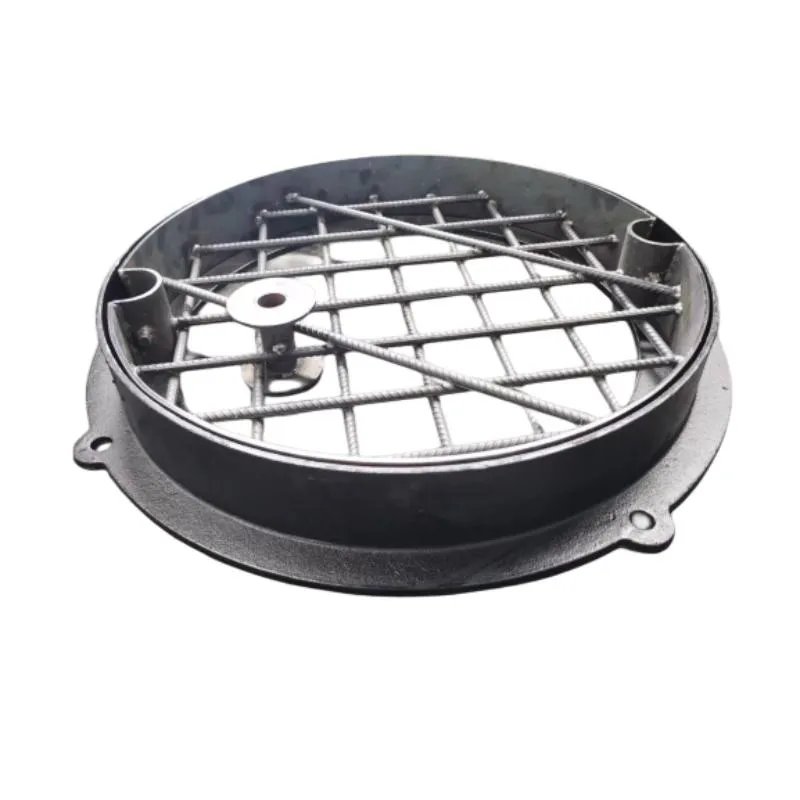Durable Epoxy Coated Butterfly Valves for Enhanced Performance and Reliability
Epoxy Coated Butterfly Valves A Durable Solution for Fluid Control
In the realm of industrial applications, efficient fluid control is paramount. Among various types of valves used for this purpose, butterfly valves have emerged as a popular choice due to their compact design and low-pressure drop characteristics. However, the importance of protecting these valves from corrosive environments cannot be overstated. This is where epoxy coating comes into play, enhancing the durability and performance of butterfly valves in demanding conditions.
Understanding Butterfly Valves
Butterfly valves are quarter-turn rotational motion valves that are used to stop, regulate, or allow flow. They consist of a disc (the butterfly) that is mounted on a shaft. When the handle is turned, the disc rotates to open or close the flow pathway. The simplicity and efficiency of butterfly valves make them ideal for a wide range of applications, including water treatment, chemical processing, and HVAC systems.
One of the major advantages of butterfly valves is their lightweight design, which allows for easy installation and maintenance. However, they can be prone to wear and corrosion, especially when used in harsh environments such as wastewater treatment plants or chemical manufacturing facilities. This susceptibility to corrosion can lead to reduced lifespan and increased maintenance costs.
The Role of Epoxy Coating
Epoxy coating is a protective layer that is applied to the surfaces of butterfly valves to enhance their resistance to corrosive substances. Epoxy is a type of polymer that provides a robust barrier against moisture, chemicals, and temperature variations. When applied to butterfly valves, epoxy coating offers numerous benefits that are critical for ensuring longevity and reliability.
1. Corrosion Resistance The primary benefit of epoxy coating is its ability to resist corrosion. In environments where valves are exposed to aggressive chemicals or atmospheric conditions, the epoxy barrier prevents oxidation and deterioration of the underlying metal. This is particularly important for valves used in wastewater treatment, where exposure to corrosive substances is common.
2. Enhanced Durability Epoxy coatings are not only resistant to corrosion but also to abrasion and impact. This added durability ensures that the valves can withstand harsh operating conditions without compromising performance. Whether it’s extreme temperatures or high-flow applications, epoxy-coated butterfly valves maintain their integrity over time.
3. Improved Performance With reduced corrosion and wear, epoxy-coated valves can perform more reliably, leading to fewer operational disruptions and maintenance interventions. This translates to lower operational costs and enhanced efficiency in fluid control systems.
epoxy coated butterfly valves

4. Aesthetic Appeal Besides functional benefits, epoxy coatings can also provide an attractive finish to butterfly valves. Available in various colors, epoxy coatings allow for customization, which can be beneficial for identifying different valves within a facility.
Applications of Epoxy Coated Butterfly Valves
Epoxy coated butterfly valves are versatile and find applications across multiple industries
. Some of the key sectors include- Water and Wastewater Treatment In these facilities, valves are often exposed to corrosive agents such as chlorine and other chemicals. Epoxy coatings help to extend the lifespan of valves in such applications.
- Chemical Processing The chemical industry frequently involves harsh substances that can corrode standard valve materials. Epoxy coated valve solutions are essential to ensure operational reliability and safety.
- Food and Beverage Industry In food processing, hygiene is critical. Epoxy coatings used can be specially formulated to comply with health standards while providing corrosion resistance.
- HVAC Systems Butterfly valves are commonly used in heating, ventilation, and air conditioning systems. Epoxy coatings help protect these valves from potential damage due to moisture and temperature fluctuations.
Conclusion
Epoxy coated butterfly valves represent a significant advancement in the field of fluid control technology. With their enhanced durability, corrosion resistance, and improved performance, these valves are well-suited for a variety of challenging applications. As industries continue to seek innovative solutions for efficiency and reliability, the adoption of epoxy coated butterfly valves is likely to grow. Ensuring that these components are protected not only aids in achieving operational excellence but also contributes to the overall sustainability of industrial processes. As the demand for high-quality and reliable valve solutions increases, epoxy-coated butterfly valves will undoubtedly play an essential role in the future of fluid control systems.
-
The Smarter Choice for Pedestrian AreasNewsJun.30,2025
-
The Gold Standard in Round Drain CoversNewsJun.30,2025
-
The Gold Standard in Manhole Cover SystemsNewsJun.30,2025
-
Superior Drainage Solutions with Premium Gully GratesNewsJun.30,2025
-
Superior Drainage Solutions for Global InfrastructureNewsJun.30,2025
-
Square Manhole Solutions for Modern InfrastructureNewsJun.30,2025
-
Premium Manhole Covers for Modern InfrastructureNewsJun.30,2025
